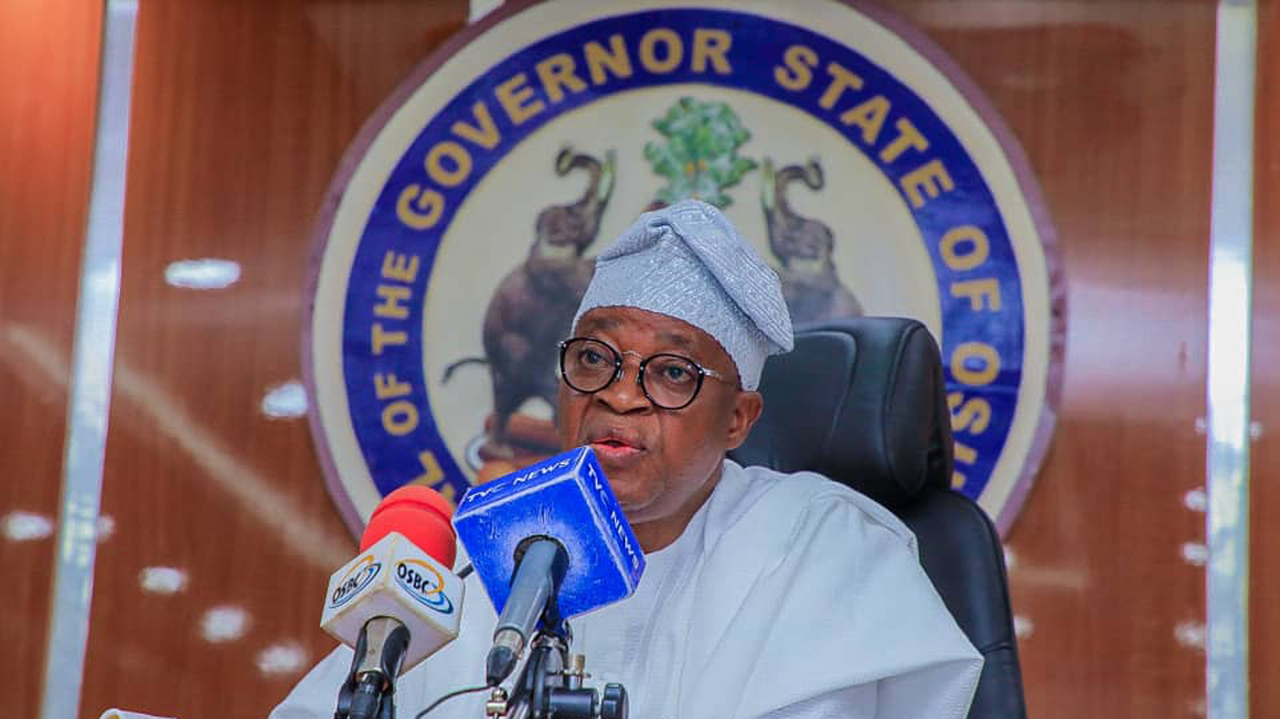
Oyetola Upgrades Ilesa College Of Education To University
Osun State Governor Adegboyega Oyetola has upgraded Osun State College of Education, Ilesa to University. Speaking during the inauguration of Ijesaland Geriatric Center built by some eminent people of Ijesaland,Oyetola explained that







